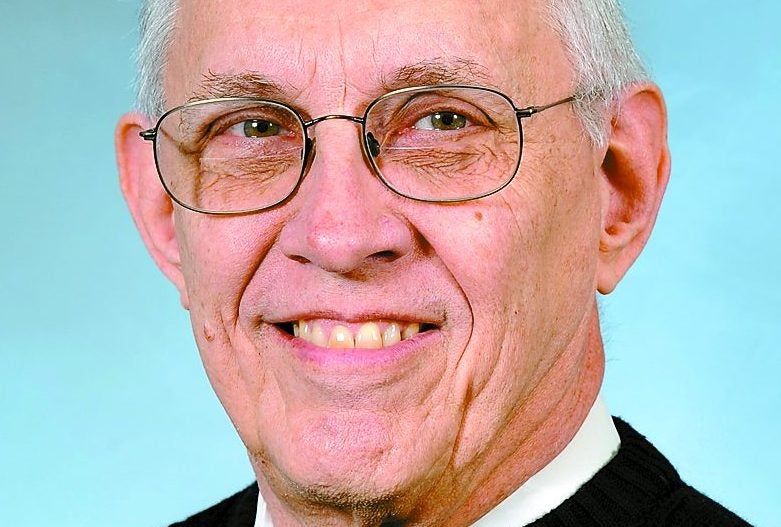WITT: Many questions to consider about solar farms
Published 9:21 am Tuesday, October 20, 2020

- Chuck Witt is a retired architect and a lifelong resident of Winchester.
|
Getting your Trinity Audio player ready...
|
It was good to see that the planning and zoning commission, under the capable leadership of Dwain Wheeler, has proposed establishing a local committee to examine the prospects of allowing special zoning classification for solar farms in Clark County.
The goal is to populate the committee with individuals who represent both the pros and cons of having these facilities here.
The meetings are scheduled to be conducted publicly. Ideally, this would be accomplished through in-person meetings, but with all the appropriate protections necessary during the pandemic.
If such in-person meetings cannot be put together, it would seem proper to postpone them until such time as that becomes doable. Anyone who has ever participated in a Zoom meeting understands how unsatisfying they can be because of the absence of personal interaction.
Virtually anyone could come up with a long list of questions that need to be raised in such meetings.
Here are a few.
It has been stated that other Kentucky counties have adopted solar farm ordinances. The committee should have access to all these ordinances.
Have solar farms been developed in any of these other counties?
If so, what has been the impact of them?
Will eminent domain be a part of the proposal, especially if required to provide paths from the solar farm to any electrical substation?
Why can’t solar farms be accommodated within the present zoning ordinance without creating a special district for them? Could planned development be used to permit them?
Clarify the number of jobs that will be created from the local labor force, both for construction and continuing maintenance and how long for each.
How will local taxes be affected by these farms? Will they produce continuing revenue and how much?
Will tax relief or government subsidy be requested as part of the proposal, either locally or from the state?
What guarantee is included regarding returning the land to usable form once the solar farm has reached its expected life, and is there any way to utilize the land under the panels for other uses?
It was suggested that adjacent land values rebounded shortly after construction of these solar farms in other locales; provide documentation as proof.
Why are the areas thus far indicated as prime locations for solar farms all in the portions of the county where the best farmland exists? Why can’t these solar farms be located on hillsides and other less desirable areas?
Why was the process for securing a special zoning classification so far developed before it became public knowledge, even to the point of having a draft ordinance prepared?
Did the Fiscal Court direct planning and zoning to consider this issue, and if so, why?
Should elected local government officials be included or excluded from the committee?
No doubt many other questions will arise, both within the committee and from the media, and individuals who are in favor and opposed to solar farms. All should be considered.
This is an issue that could have an extremely long-term impact on Clark County. It is not one that should be rushed to conclusion without all the answers.
Chuck Witt is a retired architect and a lifelong resident of Winchester. He can be reached at chuck740@bellsouth.net.




